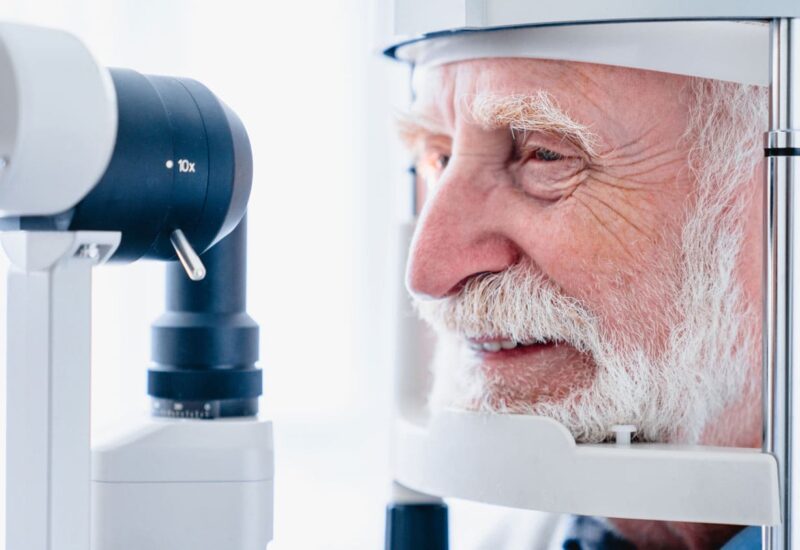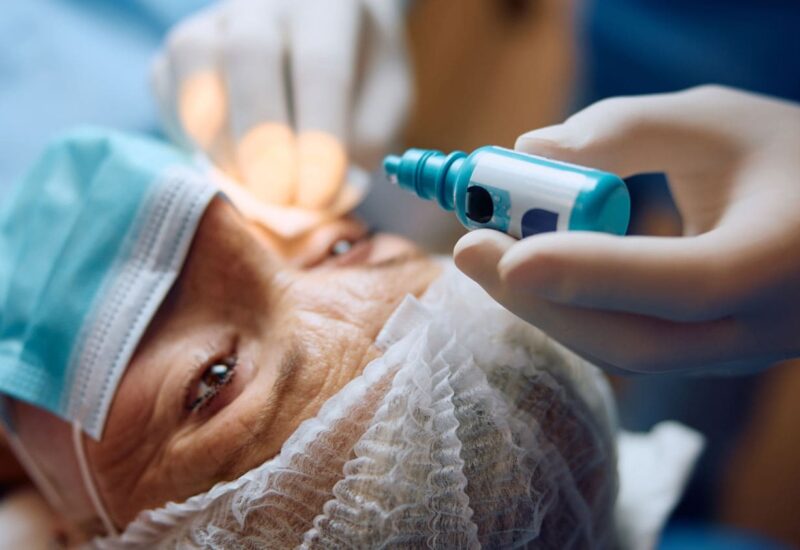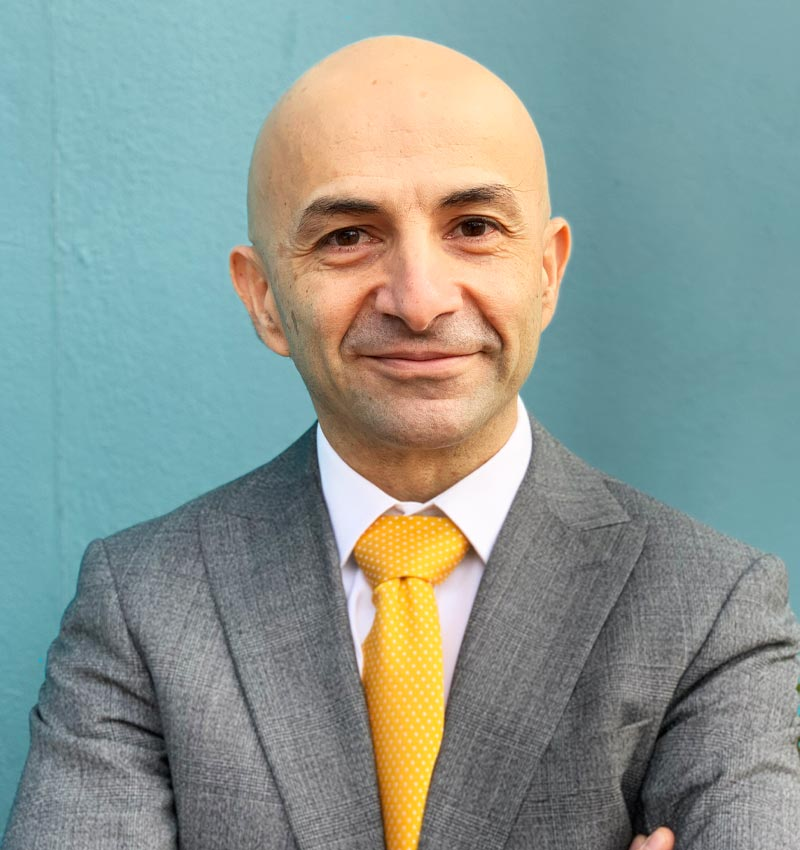While the vast majority of cataract surgeries are completed without complications, it’s still a significant procedure that requires careful consideration. Choosing the right surgeon can make a big difference in your overall experience and the quality of your vision afterwards. Here’s how to find the best cataract surgeon for you and make an informed decision.
How to find the best cataract surgeon: key considerations
Safety first:
- PCR (posterior capsule rupture) rate: This is a key indicator of a surgeon’s skill and safety record. The PCR rate is collected nationally and individual surgeons are benchmarked against the national average. A lower PCR rate generally means fewer complications. Don’t hesitate to ask your surgeon for their rate and how it compares to the national average. Surgeons’ PCR rates are on a spectrum and each surgeon should be able to share their own data with their patients.
- Data collection: Enquire about the surgeon’s approach to data collection. Do they track their refractive outcomes and patients’ satisfaction using a tool like CLEARlog? Surgeons who actively monitor their results demonstrate a commitment to continuous improvement and quality care.
- Safety protocols: A reputable surgeon prioritises patient safety above all else, maintaining strict protocols to ensure it. A crucial part of this is effective management of the surgical team, recognising their coordinated efforts are essential for minimising risk. These protocols may include multiple checks, robust record-keeping, and meticulous attention to detail throughout the surgical process. Don’t hesitate to ask your surgeon about their safety protocols.
Quality of vision:
- Refractive outcomes: The goal of cataract surgery is to restore clear vision. Ask about the surgeon’s track record in achieving good refractive outcomes and reducing the need for glasses after surgery.
- Lens options: Monofocal lenses are standard, but modern cataract surgery offers advanced lens options like multifocal and toric lenses. These can correct astigmatism and reduce your dependence on glasses for distance, intermediate, and near vision. Ensure your surgeon offers a comprehensive range of lenses to suit your individual needs and lifestyle.
Surgeon Qualifications and Experience:
-
- GMC specialist register: Verify that the surgeon is fully registered on the General Medical Council’s specialist register for ophthalmology. This ensures they have the necessary qualifications and experience to perform cataract surgery.
- National Guidelines: Choose a surgeon who adheres to national guidelines and best practices for cataract surgery, such as those published by the National Institute for Health and Care Excellence (NICE) and the Royal College of Ophthalmologists. This is particularly relevant for advanced practice that ensures patients are offered treatment in their best interests. For example:
- Use of multifocal lens implants
- Use of MIGS for cataract patients that also have glaucoma
- Same day bilateral cataract surgery
Patient-centred care:
- Understanding and empathy: Cataract surgery can be anxiety-inducing. A good surgeon will take the time to listen to your concerns, answer your questions, and provide reassurance throughout your consultation, day of surgery and post-operative care. They should also offer options for sedation or general anaesthesia to ensure your comfort during the procedure.
- Same-day surgery: Ask about the possibility of having both eyes treated on the same day, also known as bilateral cataract surgery. This can be more convenient and may reduce overall recovery time.
- Transparent pricing: Discuss the cost of the procedure up front, including the total package price, and any potential additional expenses.
Advanced options:
- iStent for glaucoma patients: If you have glaucoma, ask your surgeon about the possibility of combining your cataract surgery with an iStent procedure. This minimally invasive approach can help reduce eye pressure and your reliance on glaucoma medications.
Now you know how to find the best cataract surgeon for you. When it comes to choosing one, it is a personal decision. By considering these factors and asking the right questions, you can find a qualified and experienced surgeon who will prioritise your safety, visual outcomes, and overall well-being.





